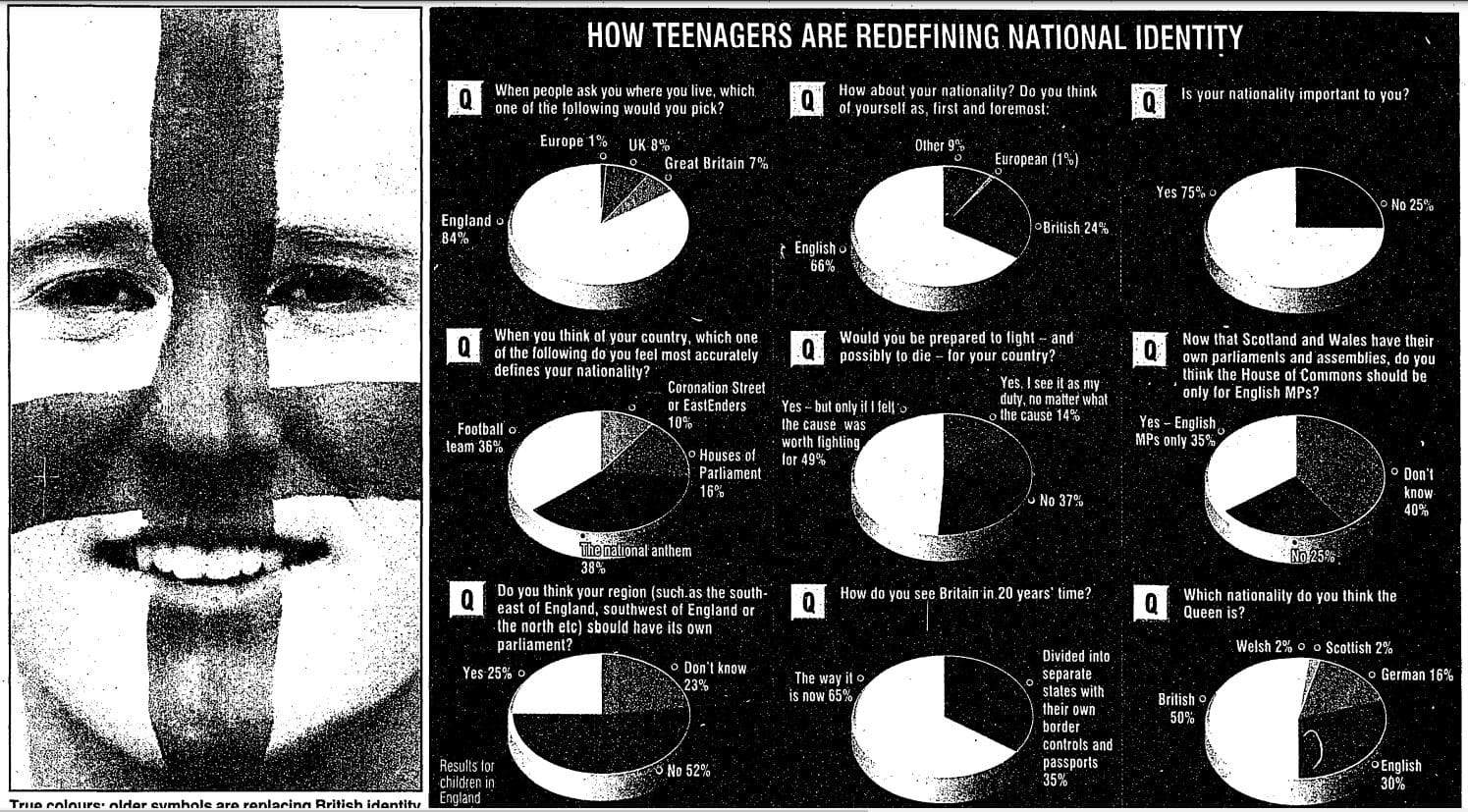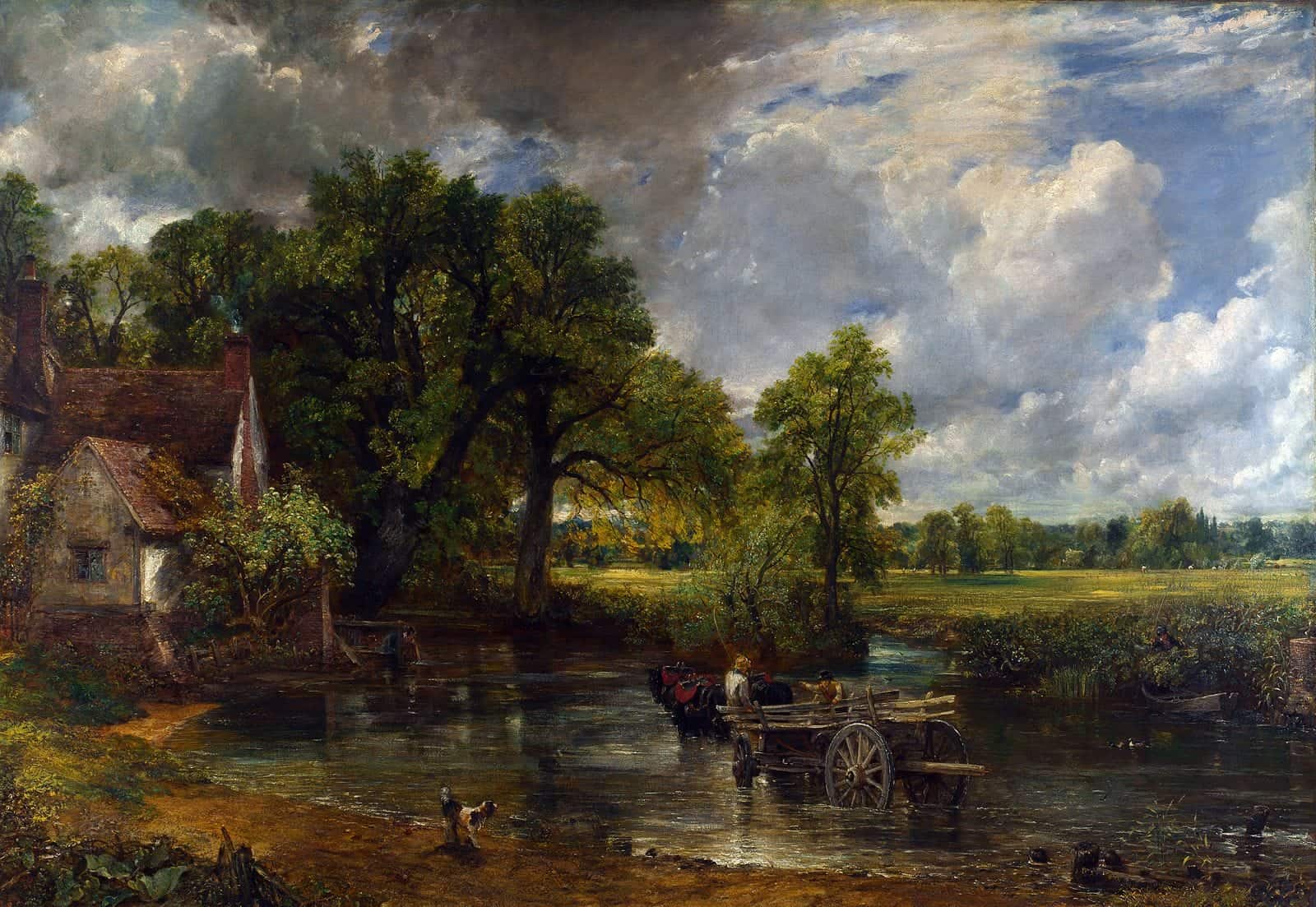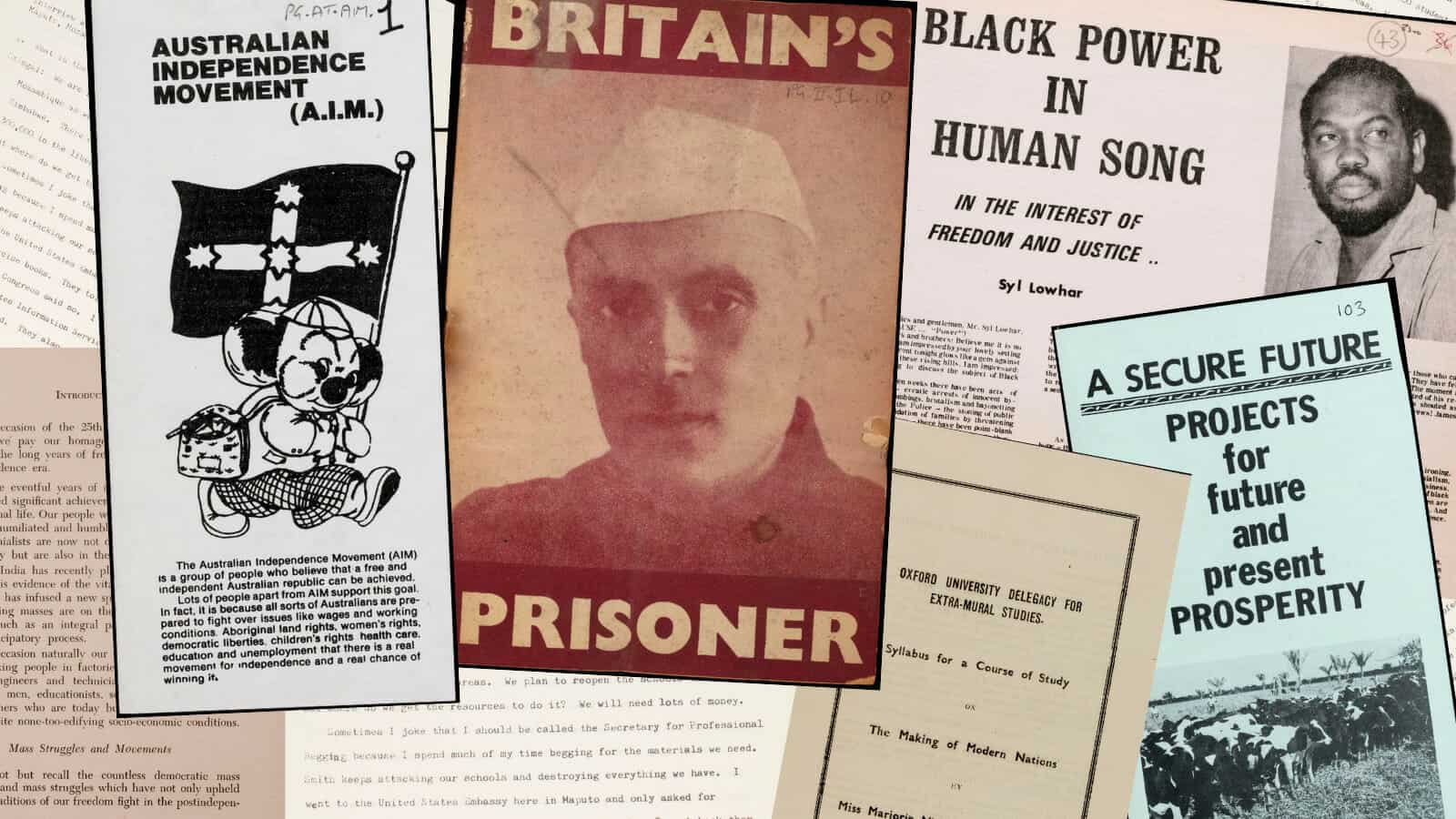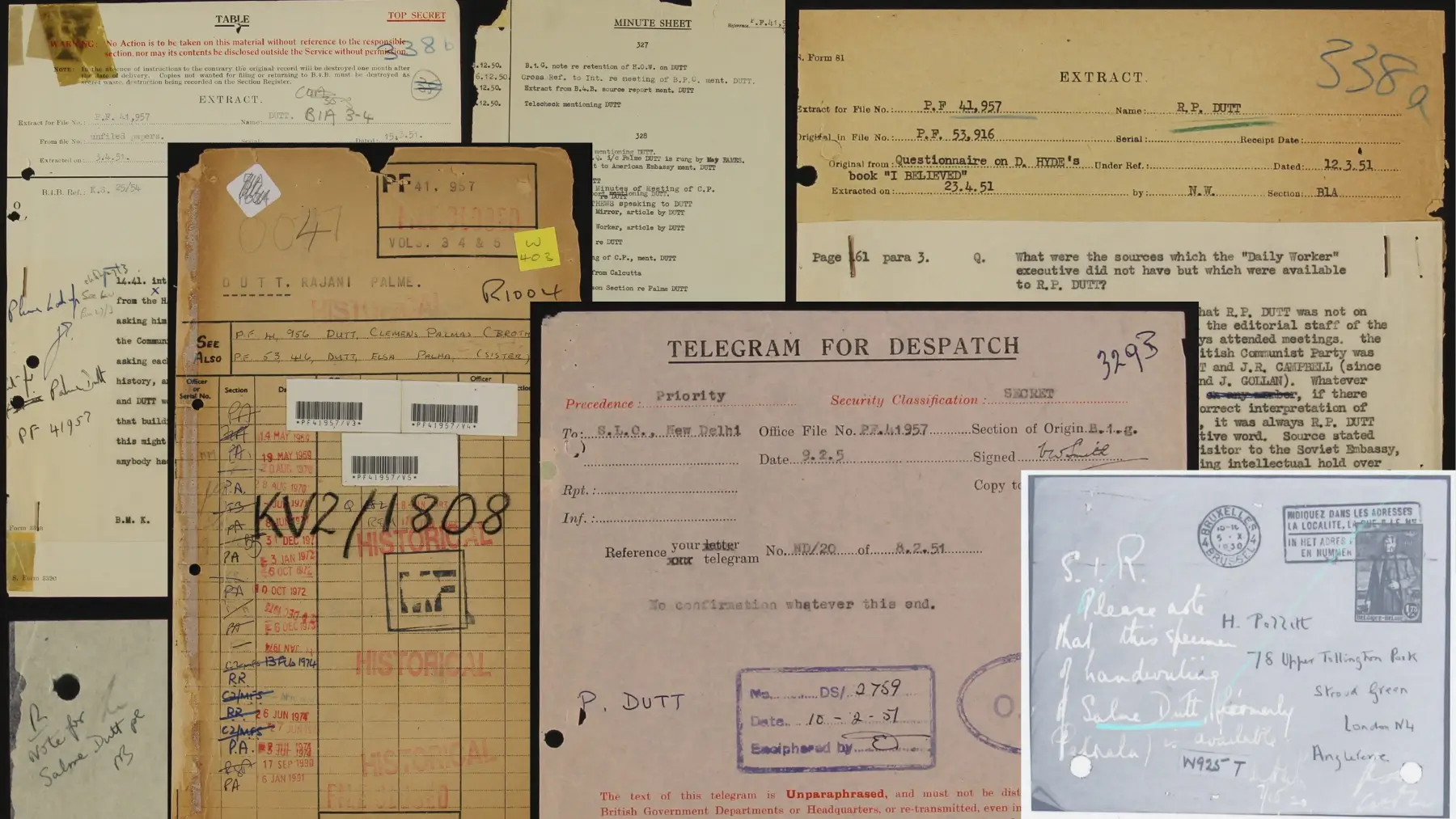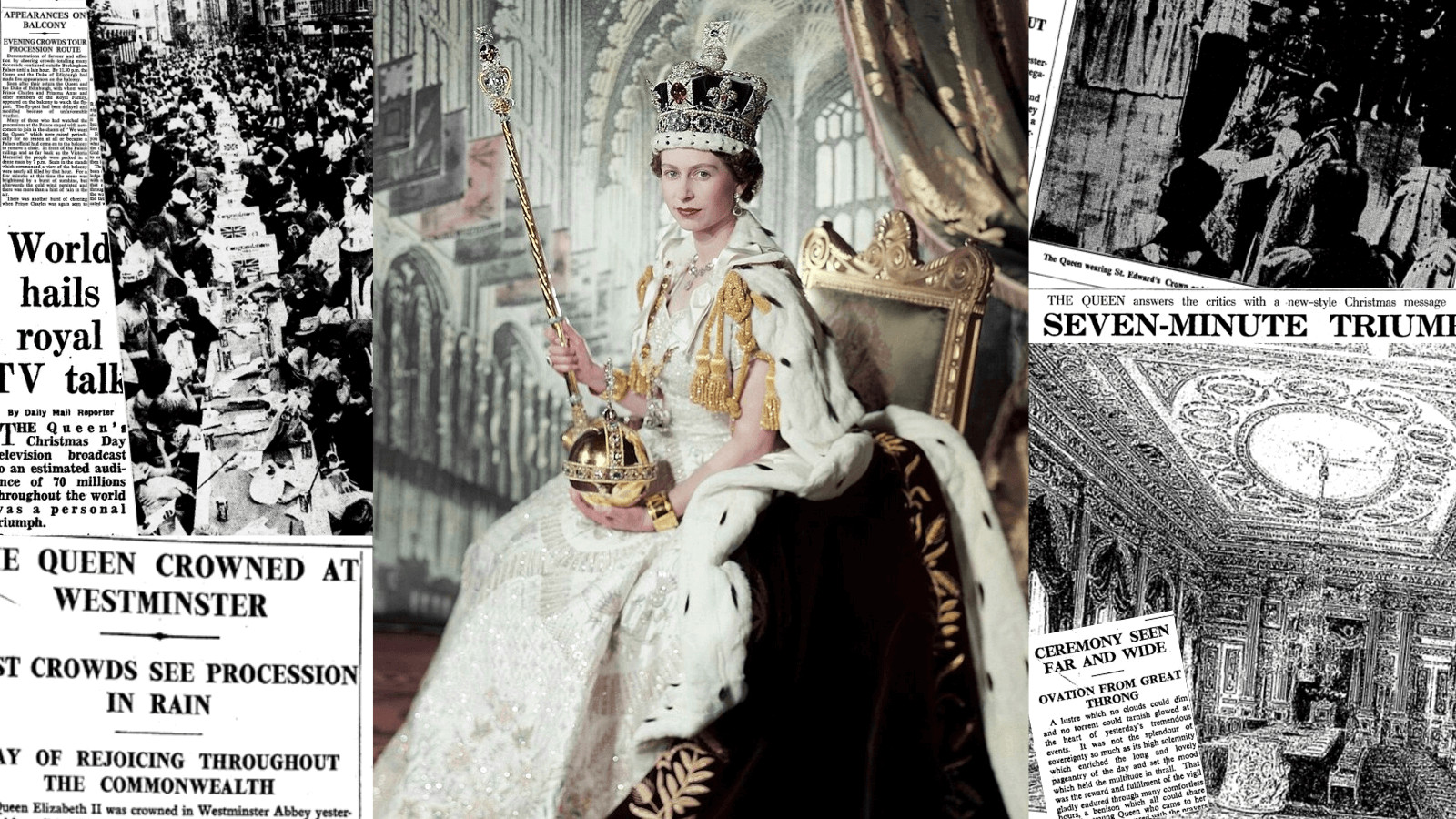│By Louis Venter, Gale Ambassador at the University of the Free State│
If you ask any seasoned historian what makes historical research unique, they will emphasise the crucial role of primary sources, which define and distinguish history from other forms of academic writing. In an ever-digitising world, historians can now access digital scans of genuine archival material from anywhere, eliminating the need to travel to distant archives, and making research more efficient.
Bringing together primary sources from multiple archives can enhance one’s research, and Gale Primary Sources offers two key complementary digital archives that can be used in tandem to study colonialism – Nineteenth Century Collections Online: Europe and Africa, Colonialism and Culture and Decolonization: Politics and Independence in Former Colonial and Commonwealth Territories.



